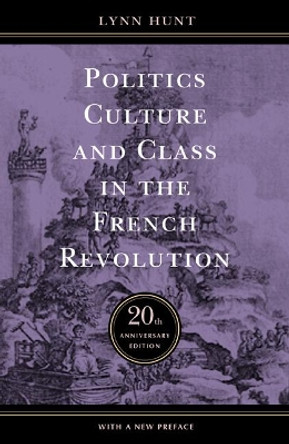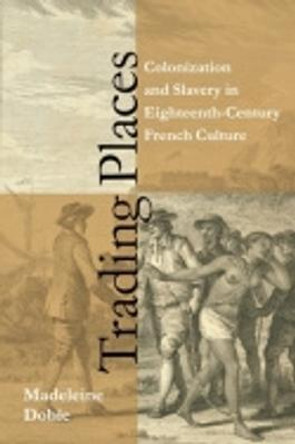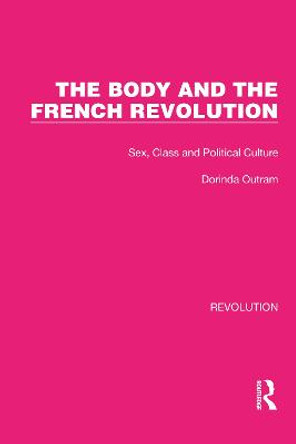How did the French Revolution become thinkable? Keith Michael Baker, a leading authority on the ideological origins of the French Revolution, explores this question in his wide-ranging collection of essays. Analyzing the new politics of contestation that transformed the traditional political culture of the Old Regime during its last decades, Baker revises our historical map of the political space in which the French Revolution took form. Some essays study the ways in which the revolutionaries' break with the past was prepared by competition between agents and critics of absolute monarchy to control the cultural resources and political meanings of French sought before 1789 to reconstitute their body politic; and by the invention of 'public opinion' as a new form of political authority displacing notions of 'representation', 'constitution', 'sovereignty' - and of 'the French Revolution' itself - the ambiguities, tensions, and contradictions that were to drive the revolutionary dynamic in subsequent years. The result is a substantial and unified set of studies, stimulating renewed reflection on one of the central themes in modern European history.
A wide-ranging collection of essays exploring the question 'How did the French Revolution become thinkable?'.Reviews'Professor Keith Baker is undoubtedly one of the most creative historians working on the intellectual histiry of 18th century France ... Anyone working in this field should listen carefully to what he has to say.' Colin Lucas, Balliol College, Oxford
'[Professor Baker's] is an original and brilliant analysis of the central types of political discourse of the waning ancien regime.' Francois Furet, University of Chicago
Book InformationISBN 9780521385787
Author Keith Michael BakerFormat Paperback
Page Count 384
Imprint Cambridge University PressPublisher Cambridge University Press
Weight(grams) 630g
Dimensions(mm) 234mm * 152mm * 28mm







![Readings in Western Civilization: v.7: The Old Regime and the French Revolution by Keith Michael Baker 9780226069500 [USED COPY] Readings in Western Civilization: v.7: The Old Regime and the French Revolution by Keith Michael Baker 9780226069500 [USED COPY]](https://cdn11.bigcommerce.com/s-zkx5lhzlf8/images/stencil/444x444/products/4849702/4848932/9780226069500__82754.1722015628.jpg?c=1)

